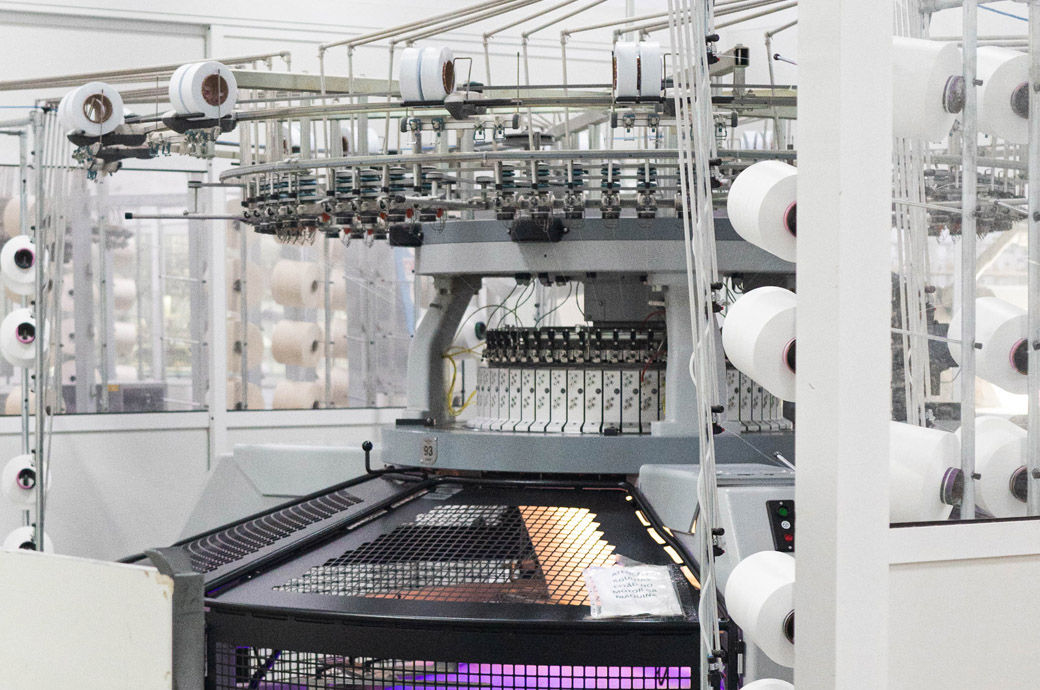
The unregulated era of low-cost dominance is evolving, and the key to this transformation lies in the emergence of the modern textile factory, the report, titled ‘The Modern Textile Factory: Charting the Impact of a Shifting Textile Supply Chain Landscape’, notes.
As the supply chain makes up four-fifths of the industry’s environmental impact, to prepare it for a change in primary data reporting and investment in more sustainable technology, the modern textile factory (MTF) has to emerge, the report, prepared by Smartex’s first focus group dedicated to the modern textile factory, says.
The urgency for the supply chain to adapt to new reporting standards and invest in sustainable technology is evident, the report observes.
At the same time, commercial advantages are emerging for factories that embrace modernisation, including the greater speed to market that aid brand revenue and dead stocks, improved quality control for greater factory control of their profits, and the ability to compete globally with data-led pricing strategies.
The realisation by suppliers that better quality control means higher profits and more reliable speed.
The market is demanding competitive prices, increased speed, better quality, and rock-solid compliance at the same time, necessitating factories to accelerate their modernisation efforts.
While challenges such as financing, macro trends susceptibility, and traditional mindsets exist, overcoming them is possible with collective support, the report hopes.
Fibre2Fashion News Desk (DS)